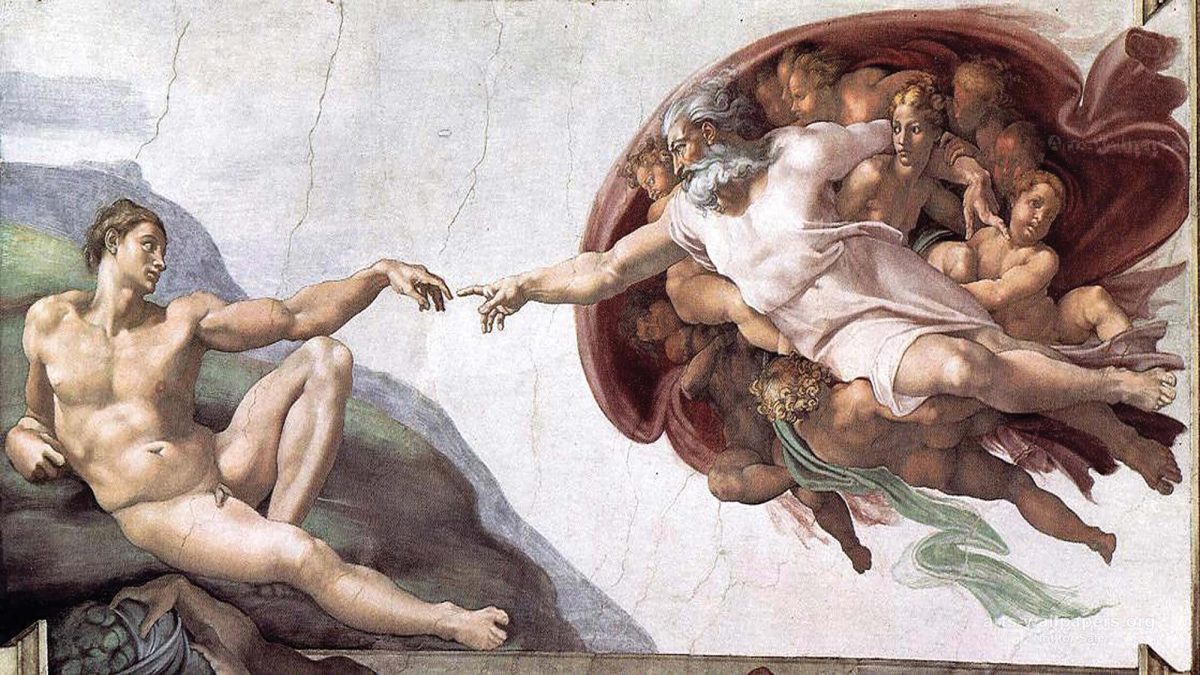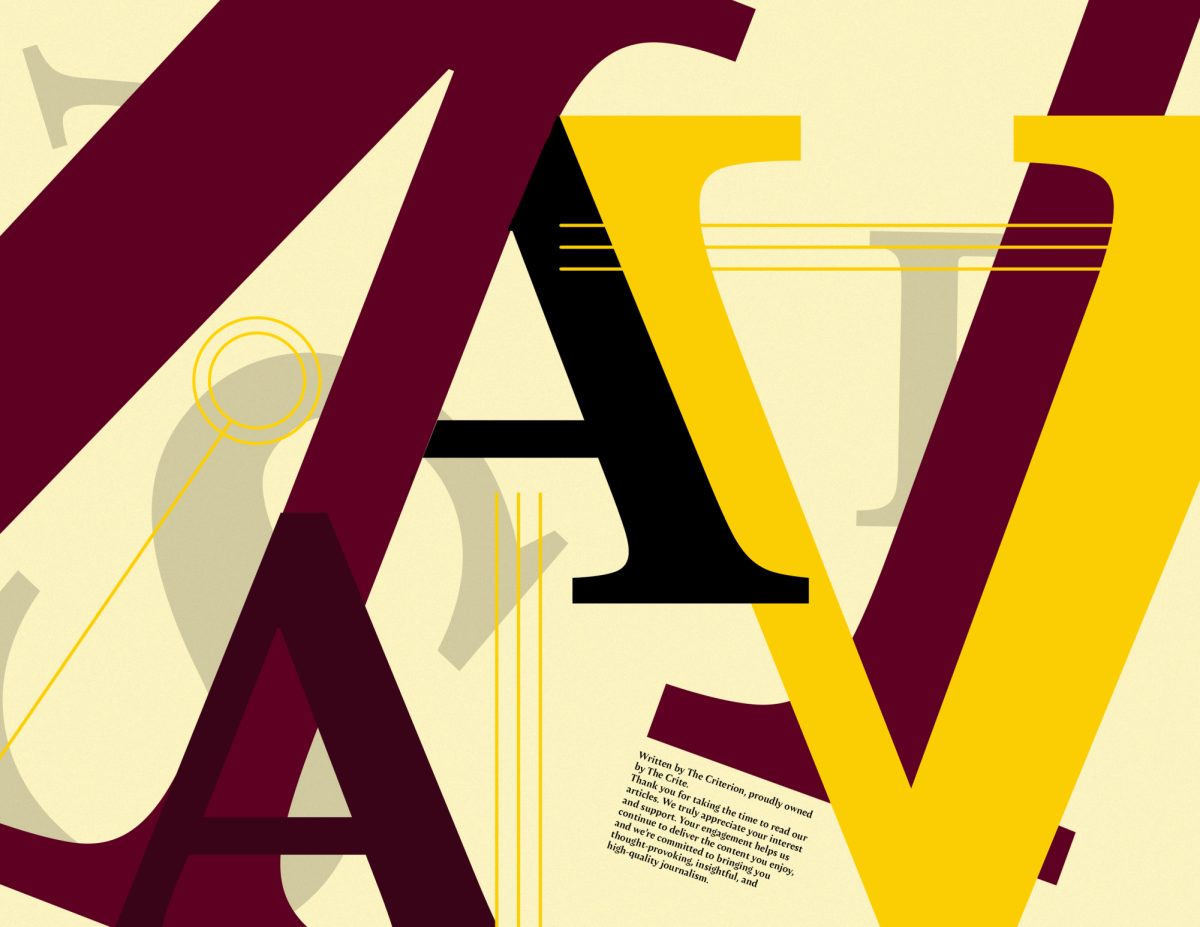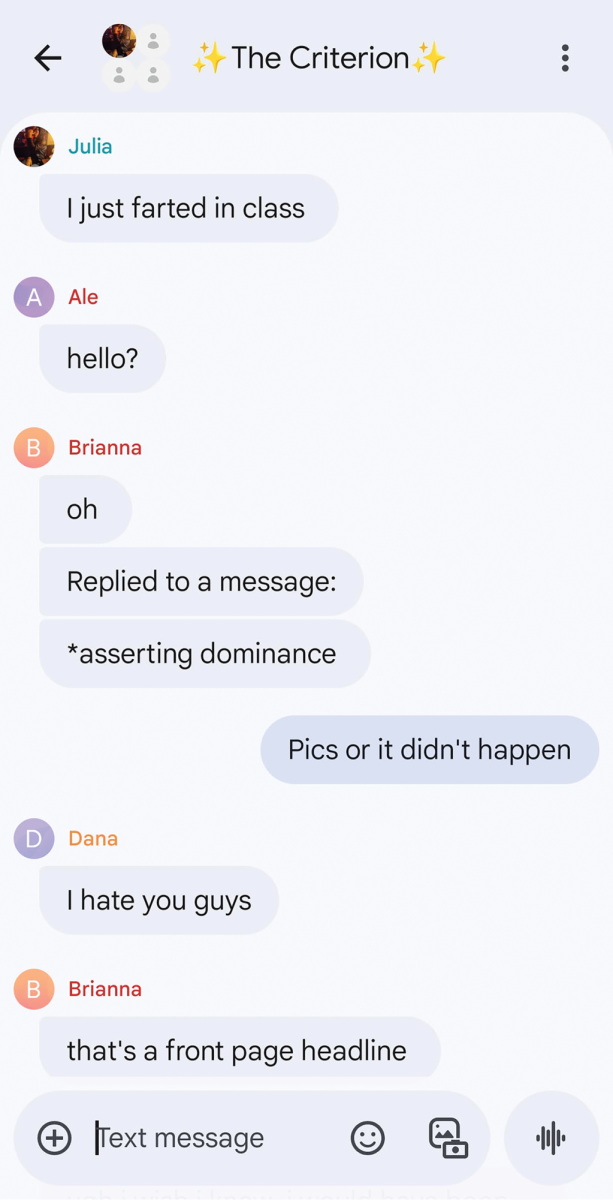Recent changes in the world of scholarships have made it so that students with full rides no longer get their fees covered. They have to pay those fees out of their own pockets.
It’s not unreasonable to ask students to pay. Colleges and Universities are businesses. That’s just how it is. What is unreasonable is to wave the offer of a “full ride” scholarship in the face of a hardworking student, only to give them some superficial version of it. For some recent high school graduates, they were offered a full ride scholarship while this rule was changing, and found that it was more of a most ride scholarship.
It’s that broken promise that creates the slippery slope. It’s the rule change halfway through the process that betrays people’s trust. This is why civilizations have a rough time believing people in power.
Furthermore, financial aid has always been a way for the most tight-budgeted students to still be able to manage. Those with the littlest amount of money could, in some way, make it through with a little help.
While the subtraction of fee coverage is only a minor change in comparison to the whole bill and only a small portion of the cost, the implicit direction that this is going is disconcerting. When changes like this occur, they don’t tend to backtrack very quickly. It’s not likely that next year, the portion of the full-ride scholarship that pays fees will just come back from its vacation.
This could keep changing. This could kill full ride scholarships.
When I was in middle school, I didn’t try to get good grades because all the facts said that good grades didn’t matter yet. I conserved my energy. I didn’t want to burn out. It wasn’t until high school that I kicked my efforts into gear.
High school was more important. Grades went on record — a record that mattered. They determined the future. They determined which colleges were options (though CMU doesn’t often reject, with an acceptance rate of a little more than 80 percent). There was this great appeal to a full ride scholarship that grew during those four years for several of my classmates. This appeal stemmed from the prospect of dirt cheap education at CMU while their Bs-and-Cs classmates had to pay the multi-thousand dollar tuition.
On the side of numbers, it very well may be unmanageable to continue providing the amount of free product they once did, similarly to the way Village Inn recently had to end their famous “Free Pie Wednesdays,” or how Sam’s Club is phasing out their business memberships. Companies start losing money and have to make sacrifices.
This particular change is just daunting because it’s not a subject of buying in bulk or free pie. It’s a subject of secondary education that determines students’ careers.
Will full ride scholarships eventually fizzle out completely? These changes normally don’t backtrack and often continue in the direction toward which they’ve already moved.
This could be the difference between a student receiving a true reward of value for hard work, or a student receiving a mere “Well…good job for getting good grades, I guess.”








